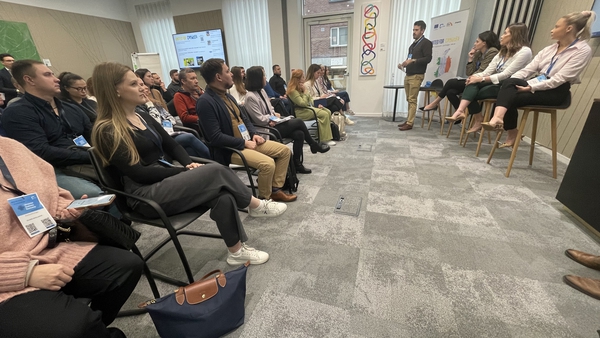A new mortgage provider has launched in the Irish market.
MoCo, which is owned by Austrian bank Bawag, began offering services yesterday.
"We are pleased to confirm that MoCo commenced mortgage origination activity in the Irish market with a soft launch on November 16th," it said in a statement.
"The MoCo team will initially work with a small number of independent brokers with a focus on building strong relationships and delivering exemplary service."
MoCo was set up three years ago to develop a mortgage lending platform and was previously linked with An Post's entry into the mortgage market.
Bawag bought MoCo for a small amount earlier this year.
Aidan Sherry, a former AIB executive, is leading the MoCo team.
It is the first new entrant into the Irish mortgage for some time and comes as interest rates reach what many experts have predicted is the top of the current cycle.
"The entry of MoCo to the Irish mortgage market is likely to add modest levels of further competition, particularly given its pricing strategy," said Diarmaid Sheridan, banking analyst with Davy.
"The mortgage market has gone through material change in recent times – firstly via exits and subsequently retrenchments from the market."
"MoCo, similar to Avant Money, has the benefit of a bank owner but is likely to be quite disciplined as it enters a new market."
Bawag has operations in Austria, Germany, Netherlands and the United States and has total assets of €53bn, customer loans of €34bn and customer deposits of €32bn.
It acquired Irish based Depfa Bank in 2021.
Mr Sheridan said that reports that MoCo will look to compete on service levels due to its digital-based system rather than on pricing is at variance to Avant Money, which continues to offer attractive rates across multiple product areas.
"Both MoCo and Avant Money are owned by European banks seeking to diversify from home markets and utilise capital and funding from their existing balance sheets," he said.
"This is in contrast to non-bank lenders, which are reliant on wholesale funding, resulting in lending activity materially reducing in late 2022 and into 2023."






